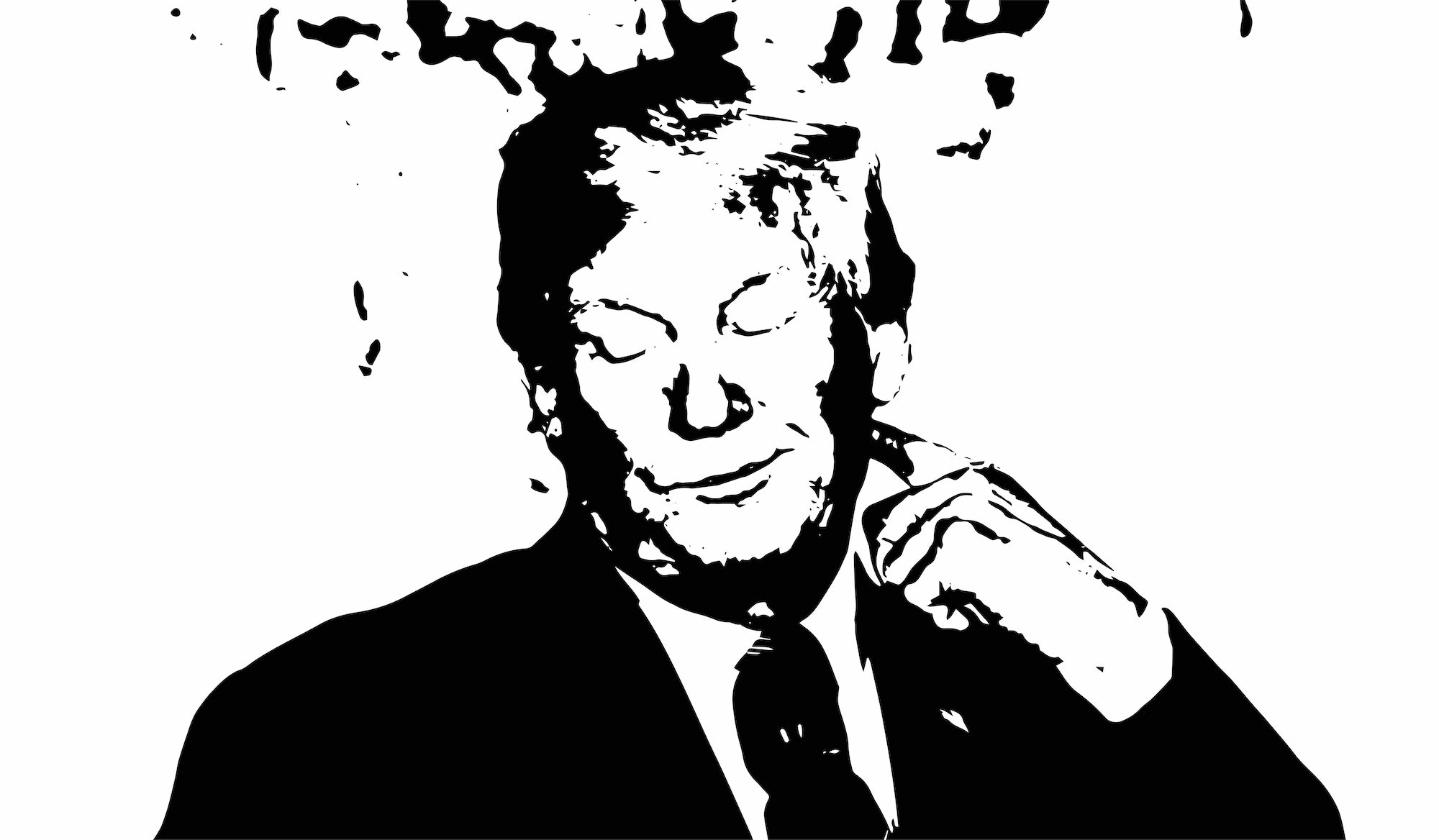In foreign policy – to borrow the terminology of Silicon Valley – Donald Trump is a disruptive innovator. Though his policies are often similar in broad strokes to prior presidents, his rhetoric and style depart radically from the traditional mold of American foreign policy. Whether it’s his criticisms of NATO allies for insufficient spending, or his willingness to consider pulling troops out of Afghanistan, our 45th president has created debate about foreign policy issues once considered sacrosanct.
Perhaps this is why the foreign policy community is all atwitter – pun entirely intended – about new visions for US foreign policy. From preservation of the ‘liberal international order’ to new approaches like offshore balancing or a ‘values-driven’ foreign policy, new policy papers and think pieces on the future of US grand strategy are emerging every day.
And the bumper crop of 2020 presidential candidates have started to get in on the action, too. Both Bernie Sanders and Elizabeth Warren, for example, have embraced foreign policy platforms which move away from America’s over-militarized foreign policy while explicitly embracing opposition to global kleptocracy and authoritarianism. If implemented, these foreign policies would look dramatically different to our current approach.
But while all of these thinkers are right about one thing – that Trump has opened the door to a new era in US foreign policy – there’s still a problem. We don’t actually know what that era will look like, and while it might be an improvement, it could equally be far worse. To understand why, let’s look at the two big options.
Under Trump, it has become clear what many critics have argued for years: American foreign policy has become overmilitarized and overextended in the post-Cold War period.
SHOCK TO THE SYSTEM
Behind door number one, we find a world where Donald Trump acts as a shock to a foreign policy running on autopilot. There’s no denying that the president has already done this to some extent, both through his criticisms of US foreign policy, and through his embrace of some of America’s worst impulses. Under Trump, it has become clear what many critics have argued for years: American foreign policy has become overmilitarized and overextended in the post-Cold War period. We spend too much time fighting wars and confronting rogue states, and not enough on diplomacy, economic statecraft, or global cooperation.
This shock to the system could push us to reset after the excesses of the post-Cold War years, taking us from the aftermath of Iraq, Libya and the War on Terror towards a saner foreign policy. Some of this might have happened anyway; the rise of China also provides a powerful impetus for policymakers to reconsider America’s focus on minor threats like terrorism. But Trump could speed this process up, opening the door for future administrations to rally the American people behind one of these new and exciting visions for US foreign policy. It’s a hopeful picture.
THE PARTISAN SEESAW
Behind door number two, however, is a darker future, one where continued partisan polarization drives an increasingly schizophrenic US foreign policy. After all, many of Trump’s most disruptive foreign policy actions have been aimed directly at the foreign policy legacy of his predecessor. Just consider the US withdrawal from the Iran nuclear deal: in one stroke, the president undid years of patient diplomacy by the Obama administration, undermining American credibility and worsening our relationship with allies. Numerous Democratic presidential candidates have in turn promised to return us to the nuclear deal if elected.
Now imagine a future where that happens on many issues. The result would be foreign policy whiplash, where no country could assume that America would honor its commitments or treaties past the end of the current presidential administration. With little ability to negotiate or credibly commit to any international agreement, the US would lose influence today and the ability to find peaceful solutions to global problems.
For all the flaws of today’s bipartisan foreign policy consensus, this prospect – that the Trump era could instead shut the door on an era where “politics stops at the water’s edge” – should scare us.
WHAT’S BEHIND THE DOOR?
Unfortunately, it’s too soon to tell which of these possibilities will emerge from the wreckage of the Trump administration. For one thing, it will depend on what the post-Trump Republican party looks like. If his successor is a more conventional Republican, it’s possible that American foreign policy could simply migrate towards a new, better bipartisan consensus. If the new Republican party instead starts to pursue Trump-like policies on a more permanent basis, the polarization of foreign policy becomes far more likely.
And it will depend on whether Democrats focus their foreign policy visions on simply fixing or constraining the excesses of the War on Terror, or if they instead pursue more ambitious anti-kleptocracy and global anti-capital campaigns. Tying together domestic and foreign policy priorities in this way is a double-edged sword for Democratic candidates: it could undoubtedly help electorally, but at the risk of alienating Republicans, setting the rest of us up for that highly polarized foreign policy future.
Either way, these possibilities suggest caution to those trying to advance a new vision for the future of US foreign policy, myself included. It’s fine to make grand plans for how to fix US foreign policy. It might even work. But we need to also start thinking about how best to advance America’s interests, even in an era of overwhelming partisanship. It’s never a bad idea to have a plan B.





















